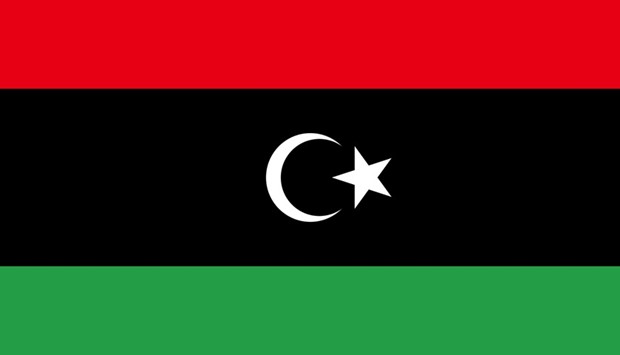The prime minister of Tripoli’s self-declared government has warned Libya’s UN-backed cabinet - based in Tunis - not to come to the capital, saying such a move would be illegal and suggesting ministers could face arrest.
Two rival administrations within Libya are fighting for control, one in Tripoli, and one in the east, while the UN has brokered a deal for a national unity government meant to bring the sides together and end the conflict.
Responding to a request by the UN-backed Presidential Council and Western powers for an immediate transfer of power, Khalifa al-Ghwell told Reuters late on Tuesday he could not hand over authority to a government he said did not enjoy the support of Tripoli’s parliament, the General National Congress (GNC).
The US and major European powers recognised the unity cabinet as Libya’s only legitimate government on Sunday, and are pushing for it to move to Tripoli and start work.
Ghwell, who leads a government appointed after armed brigades supporting the GNC won a battle for control of Tripoli in 2014 and reinstated it, said the UN-backed cabinet lacked the legitimacy to govern from the capital.
“If they want to enter Libya as individuals they are welcome, because they are Libyans. We don’t advise them to enter Libya as a government, as to do so would be a violation to the law, and they will be treated according to the law,” he said.
Western powers say the UN-backed government represents the best chance to end the chaos that has destabilised Libya since Muammar Gaddafi was toppled in an uprising five years ago, and to tackle a security vacuum that has allowed Islamic State to thrive.
Some major armed brigades in western Libya and several dozen GNC members or former members have also pledged to support the new government.
But the Presidential Council and the unity cabinet it nominated last month have faced opposition from hardliners both in Tripoli and in the east, where an internationally recognised rival government is based.
Under the UN-backed plan for a political transition, the parliament in the east was meant to vote to adopt the plan and approve the unity government but has repeatedly failed to do so, though a majority of its members signed a statement supporting the unity government last month.
This month, three members of a security committee appointed to prepare for the unity government’s move were briefly detained in Tripoli.
Ghwell said such decisions were taken by judicial authorities, but warned that members of the cabinet could face the same fate.
“We are a sovereign state and must secure our city and safeguard the security of our people, and if they try to come illegally they will create a unforeseen consequences in Tripoli and we don’t agree with this,” he said.
Ghwell backs parallel talks between members of the two governments in Libya, which he said were preparing an alternative plan for a political transition that he said would be presented in the next two weeks.
Eastern opposition to a transfer of power is centred on concerns over future military leadership among allies of powerful commander Khalifa Haftar, whose Libya National Army has been leading battles against militants.
In a statement condemning a recent attack by suspected Islamic State militants, the eastern government yesterday urged Libyans to fully support the army and “not count on the international community, which is still delaying in its support for Libya’s legitimate institutions”.
EU agrees sanctions on Libya leaders
The European Union has agreed sanctions on three Libyan leaders who oppose a Western-backed unity government, clearing the way for travel bans and asset freezes to be imposed in the next few days, diplomats said.
EU governments have been hesitating for months, fearful of derailing peace efforts, but Western powers recognised a unity cabinet as Libya’s only legitimate government on Sunday, and are pushing for it to move to Tripoli and start work.
The sanctions deal marks a breakthrough for France, which hopes the measures will help accelerate the formation of a government and avoid Libya slipping fully into the hands of Islamic State militants.
“Sanctions have been agreed,” a senior EU diplomat said, saying that although the legal text to support the sanctions still needs to be drawn up, no government is expected to object to the proceedings.

..
